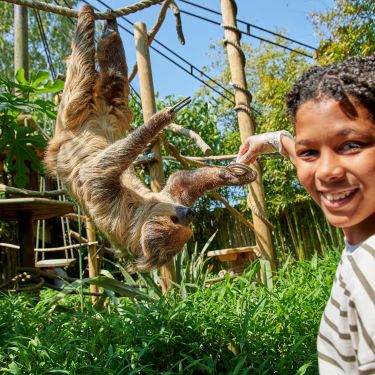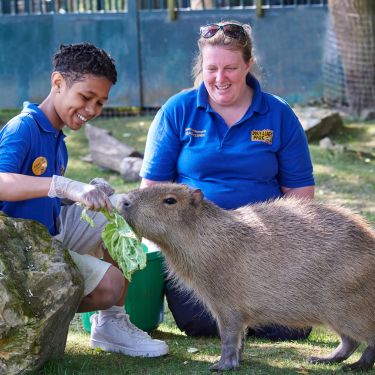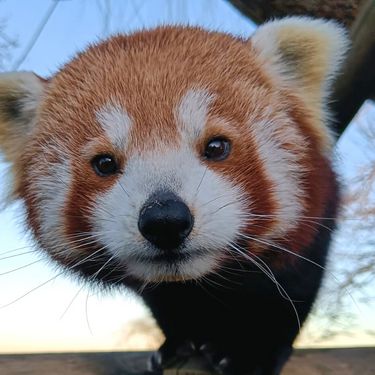



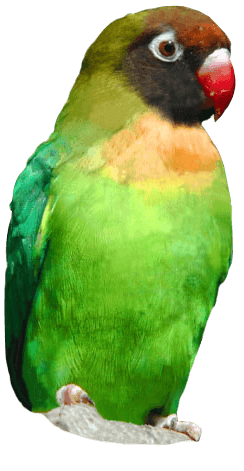
Drusillas Conservation in Action
Where wildlife thrives
Drusillas Conservation in Action Charity
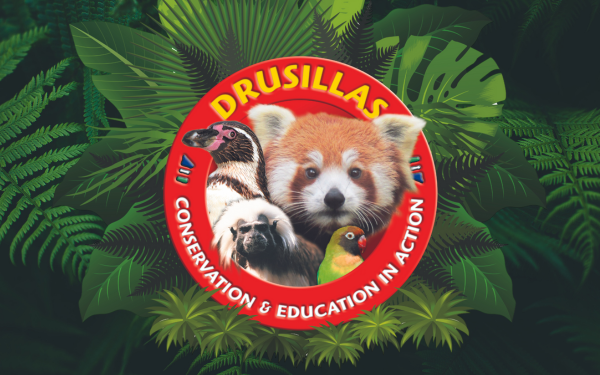
As our world changes and the delicate balance of our ecosystems teeter on the edge, the imperative to conserve and protect our planet's biodiversity has never been more urgent.
Our Vision
A world where wildlife thrives and nature is preserved
Our Mission
To use our position of influence for meaningful change with outcomes that contribute to species survival and habitat restoration
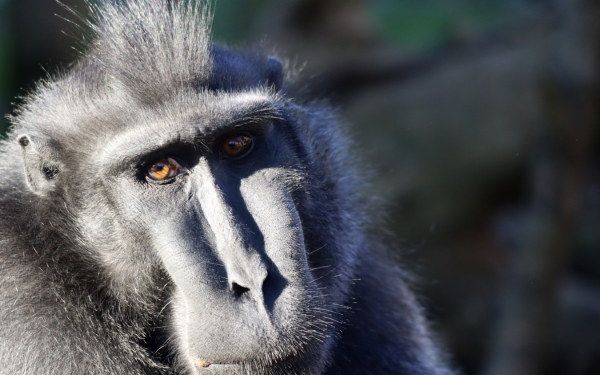
What does the charity do?
The object of Drusillas Conservation in Action is to promote, for the benefit of the public, the conservation of wildlife across the world through the provision of grants to conservation charities and other organisations. Drusillas Conservation in Action works closely with Drusillas Zoo Park.
Fundraising

Drusillas Zoo Park supports the Charity by bolstering the support of their visitors, members, followers, and friends, fundraising will form a key part of the contribution towards the central Charity fund, which will be used to finance a range of conservation and research activities.
Halting Species Extinction
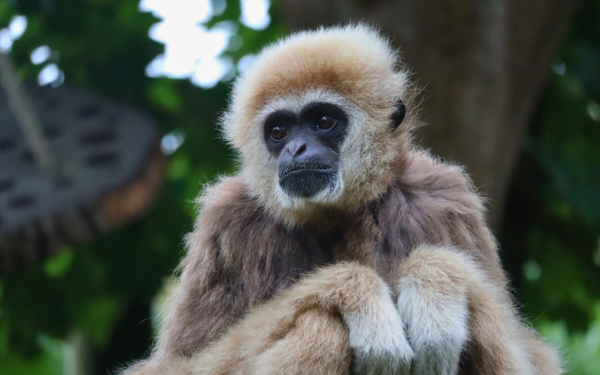
Drusillas Zoo Park are part of the European Ex situ Programme (EEPs) where they hold and breed threatened species to bolster their populations. 50% of Drusillas species are part of carefully managed breeding programs to ensure healthy ex situ populations thrive in our care. They are part of 24 EEPs that include some of the most threatened species in the world.
Conservation Grant Programmes
We are establishing grant programmes that recognise where financial support is needed and invite applications for funding from conservation charities.
Field Conservation
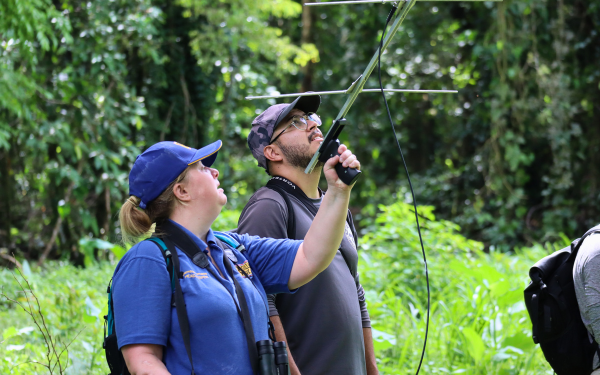
Drusillas Zoo Park aim to deliver meaningful, evidence-based, conservation research to inform conservation action and animal welfare, with an annual grant programme available for their staff to apply for conservation and research trips abroad.
Conserving Local Wildlife
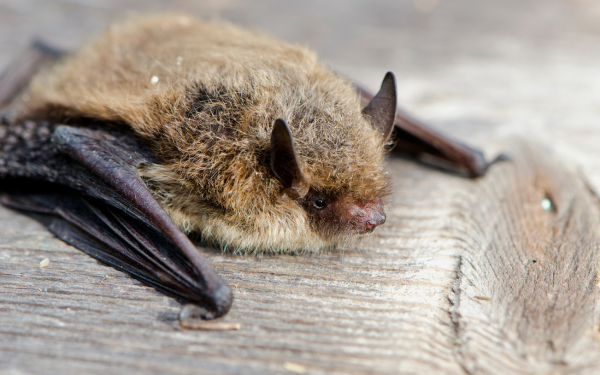
Drusillas Zoo Park aim to become a recognised leader in the conservation of native British and Sussex wildlife, enriching biodiversity within their perimeter, growing their native conservation partnerships, and encouraging and supporting staff to get involved with native conservation by supplying resources, time, and budget.
Conducting Impactful Research
Drusillas Zoo Park will expand their efforts to conduct, facilitate, and support scientific research directly impacting conservation action and animal welfare at Drusillas and beyond, providing research opportunities for students, researchers, and Drusillas staff.
EXPLORE MORE

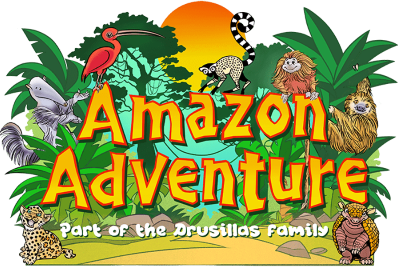
Have you visited our NEW soft play in Tunbridge Wells?
A new WILD play experience, part of the Drusillas family
Sign up to our mailing list to receive all the latest vouchers and exclusive offers!
All emails include an unsubscribe link. You may opt-out at any time. See our privacy policy here.





